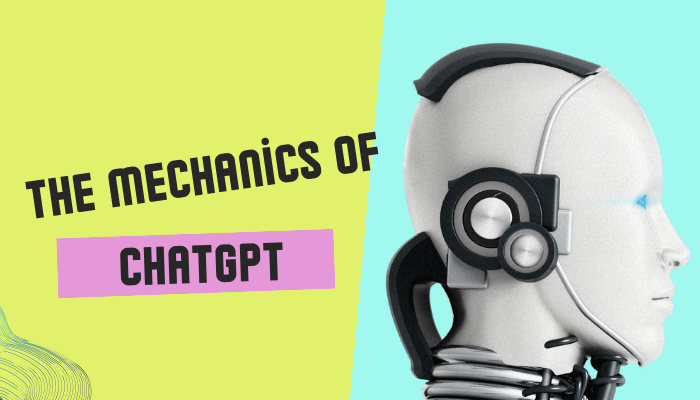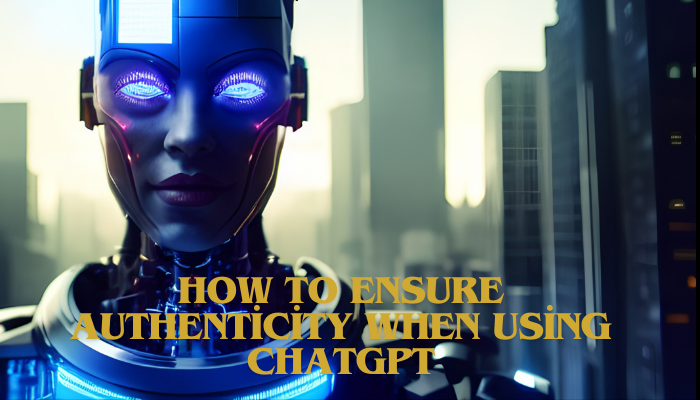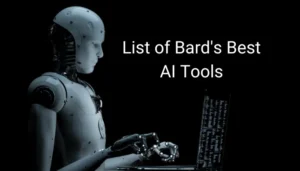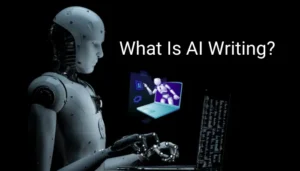ChatGPT shines as an ingenious program that can write kinda like a human on this smart technology front. But many are asking, “Does Chat GPT Plagiarize? This article addresses how ChatGPT works in depth to investigate whether it may be guilty of copying stuff, as well as various other concerns that people express about it.
Understanding Plagiarism and AI
Plagiarism is when you use someone else’s work without crediting them. So, the question here is: Does ChatGPT plagiarize?
The Mechanics of ChatGPT: Plagiarism-Free or Not?

ChatGPT is sort of an AI language model designed to assist you in writing in a manner that sounds human. But to determine whether it may be copying things without permission, it is necessary to know how it works.
Myth vs. Reality: Does ChatGPT Plagiarize?
To demystify misconceptions, it’s essential to clarify:
- Authenticity Assurance: ChatGPT prioritizes content authenticity.
- Real-Time Checks: It actively avoids suggesting plagiarized content.
- User Responsibility: Ensuring originality rests on users’ discretion while utilizing ChatGPT.
Addressing Common Concerns: Is ChatGPT Plagiarism-Free?
Amidst various queries, let’s delve into crucial aspects:
- Ethical Usage: Does using ChatGPT count as plagiarism?
- Parameters in GPT-4: How many parameters in GPT-4?
- Plagiarism-Free Guarantee: Is ChatGPT a plagiarism-free platform?
Debunking Misconceptions: The Truth Unveiled
While ChatGPT doesn’t guarantee absolute plagiarism prevention, understanding its functionality sheds light on its ethical use.
How to Ensure Authenticity When Using ChatGPT

Given the AI’s capabilities, users play a pivotal role in maintaining originality.
- Thorough Review: Always review and validate the generated content for authenticity.
- Citing Sources: Properly attribute sources when incorporating external information.
- Ethical Use: Utilize ChatGPT as a tool, not a substitute, ensuring original input.
Is GPT- 4 Plagiarism Free?
GPT-4 doesn’t copy stuff on purpose and says it’s its own. But the things it writes might still make people worry about plagiarism because of how it works.
Potential for unintentional plagiarism:
- Datasets: GPT-4 learns from a bunch of text and code, which could have stuff that belongs to others. Even though they try to remove it, some might still appear in what GPT-4 writes without meaning.
- Similarities: GPT-4 is good at copying how things look and sound. When you ask about something, you might write stuff that seems like it’s from somewhere else, even if it’s different. Sometimes, this can seem like copying, especially if it doesn’t say where the ideas originated.
Challenges in detection:
- Evolving capabilities: GPT-4 writes new and different things, making it tricky for the usual tools to spot if it has copied something. The tools usually check for words and similarities, but GPT-4’s writing style might not match that.
- Lack of definitive markers: As GPT-4 doesn’t explicitly copy existing content, no traditional markers like copied phrases or sentences exist. This makes it difficult to prove plagiarism from its outputs conclusively.
Addressing plagiarism problems:
- Proper citation: Proper citation is a necessity while using GPT-4 outputs since it is necessary to cite the source (GPT-4 itself) and its contribution towards generation. This introduces transparency and avoids any kind of possibility of plagiarism.
- Human oversight: All responses of GPT-4 should always be reviewed and corrected before being implemented in any finished product. It ensures original work, correctness, and appropriate quotation.
- Detection advancement: Research and development continue to advance AI content detection software to counter GPT-4 and competing models. Remain updated on developments and use efficient AI tools if needed.
Finally, the application of GPT-4 is a matter of responsibility. Knowing its limitations and being cautious, you can prevent plagiarism issues and use its functionality ethically and efficiently.
4 Examples of “Does Chat GPT Plagiarize”
To answer the main question, let’s analyze the sentence “does Chat GPT plagiarize” in four different scenarios:
1. Functionality and Algorithm:
- Chat GPT follows a complex algorithm that processes input data and develops responses.
- Notwithstanding its intricacy, the model is set to eschew direct plagiarism by generating original content based on patterns learned over training.
2. Ethical Considerations:
- Ethical utilization of Chat GPT is extremely important, and users need to be cautious when providing source material.
- OpenAI focuses on responsible use of AI, discouraging any effort to use the model for unethical means.
3. Academic Use:
- In academic environments, it’s important to note that relying on Chat GPT as an exclusive source without giving credit can be plagiarism.
- It’s essential to acknowledge the contribution of the tool while adding original ideas to avoid ethical problems.
4. Responding to Issues:
- OpenAI regularly updates and improves Chat GPT to make it better and respond to issues.
- User feedback and moral implications are major drivers of the model’s development.










